Japanese Prime Minister Fumio Kishida said on November 2 that the government will spend more than 17 trillion yen ($113 billion) to ease the economic impact of rising inflation, which will include tax cuts.
The economic package will include subsidies to cushion the impact of rising fuel prices and utility bills, and temporary cuts in income and residence taxes, Kishida said.
To finance part of the spending package, the government will draw up an additional budget of 13.1 trillion yen for the current fiscal year.
July marked the 23rd consecutive month of rising inflation in Japan, as well as the 16th consecutive month that inflation was above the Bank of Japan's 2% target.
According to data released in June, Japan's core consumer price index in May recorded its highest increase in 42 years, up 4.3% compared to the previous month. By June, Japan recorded inflation at 3.3%, higher than the US inflation for the first time in the past 8 years.
According to Reuters news agency, inflation is putting pressure on consumption and clouding Japan's economic recovery prospects after the pandemic.
Along with the inflation challenge, the Japanese economy is facing many other difficulties as exports are weak and workers' incomes continue to fall. Meanwhile, the cost of living is rising. These are believed to be the reasons for Prime Minister Kishida's credit rating to fall. Therefore, Mr. Kishida is forced to take measures to ease the pressure on households.
With wage increases too slow to offset the burden of rising consumer prices in recent months, Mr. Kishida has asserted that the government will ease price pressures by returning the increase in tax revenue to households.
Minh Hoa (reported by Vietnam+, Thanh Nien)
Source


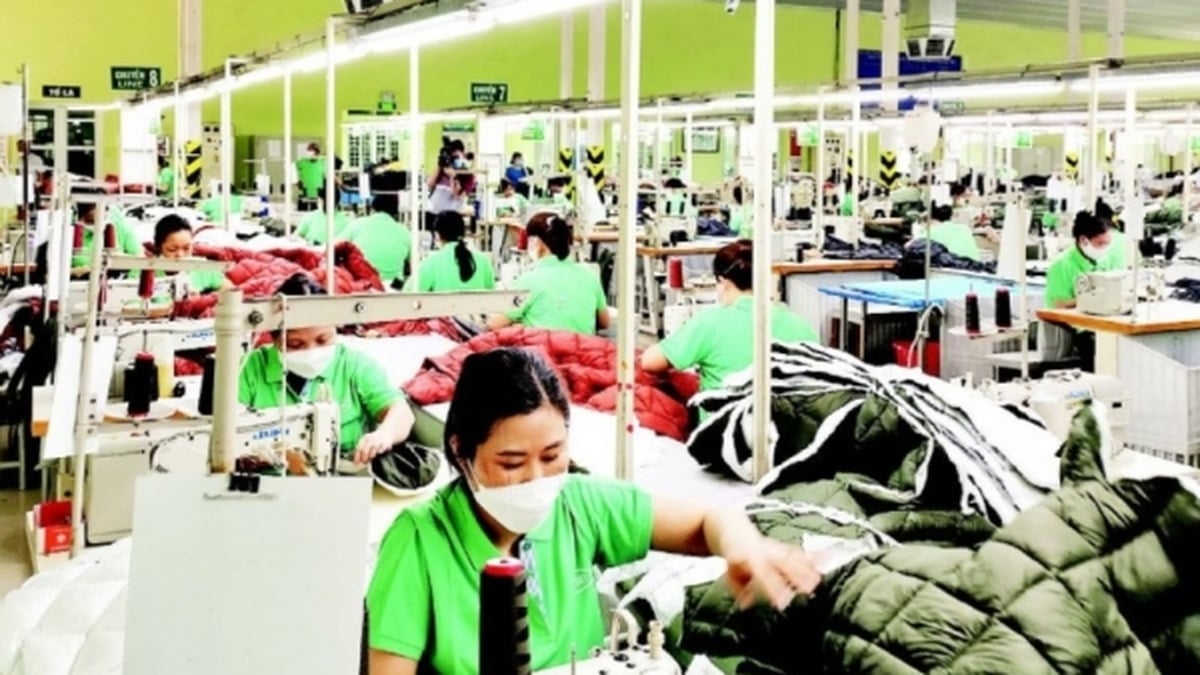



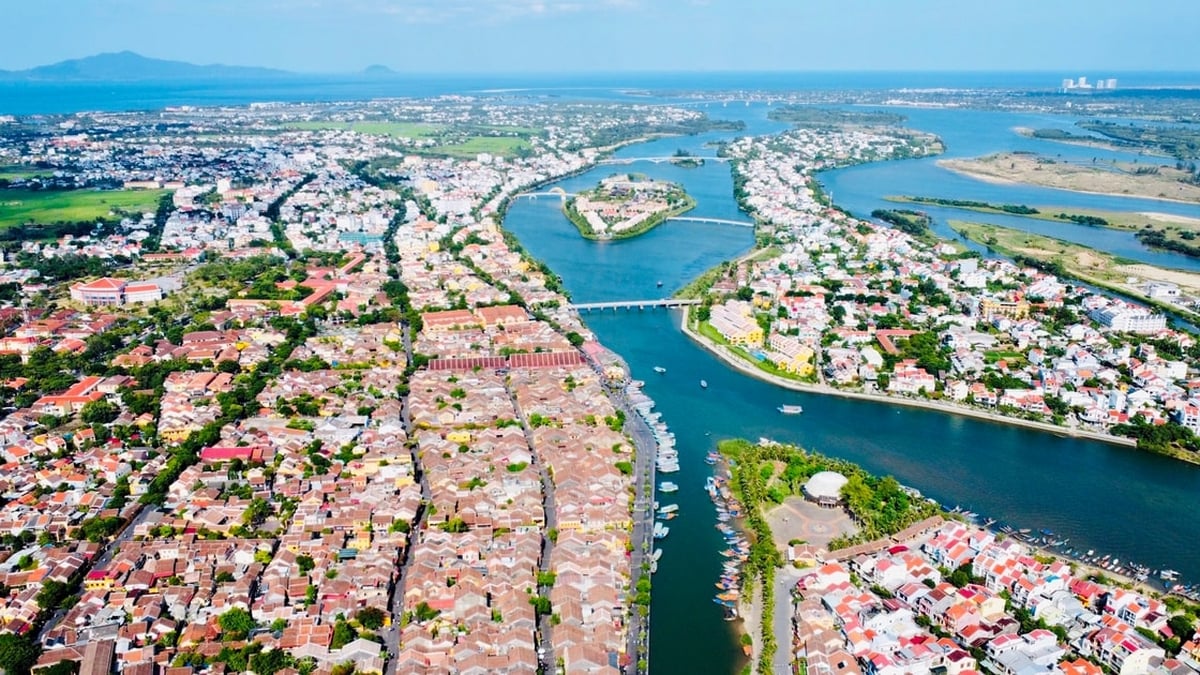

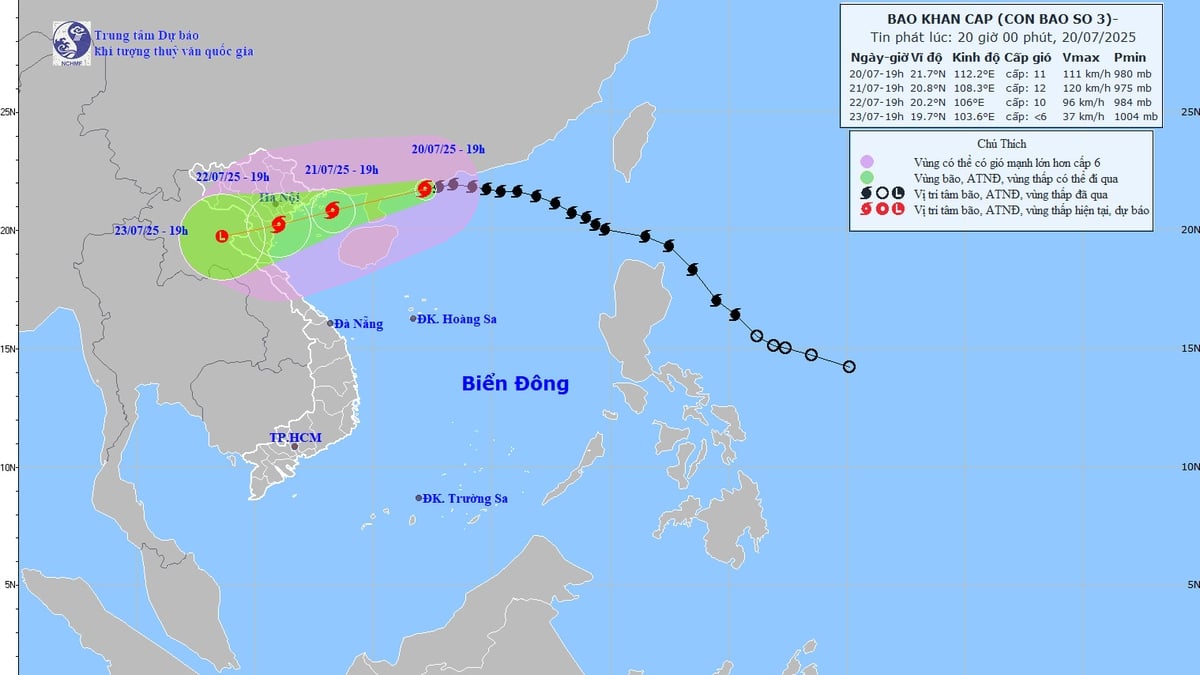

















![[Photo] National Assembly Chairman Tran Thanh Man visits Vietnamese Heroic Mother Ta Thi Tran](https://vphoto.vietnam.vn/thumb/1200x675/vietnam/resource/IMAGE/2025/7/20/765c0bd057dd44ad83ab89fe0255b783)


































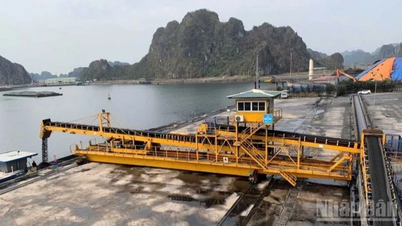





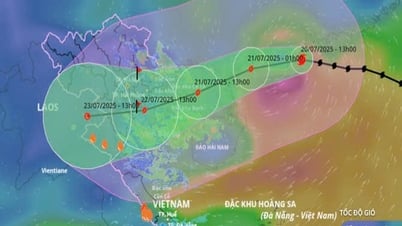









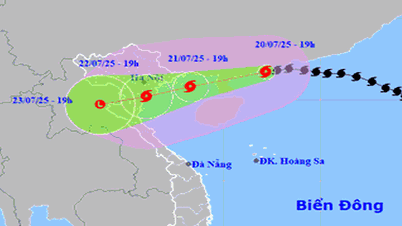
























Comment (0)